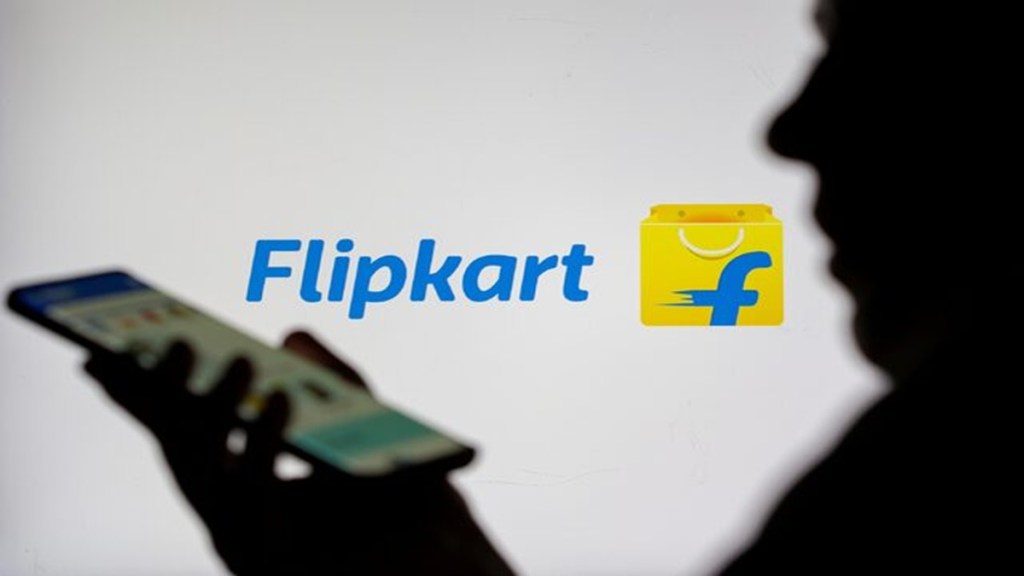Flipkart Minutes, the quick commerce arm of e-commerce major Flipkart, is aiming to open 800 dark stores by the end of 2025, the company’s group CEO Kalyan Krishnamurthy said on Wednesday.
“We launched this product around nine months back,” he said at Walmart’s annual Investment Community Meeting. “We launched with just about 100 stores, and we are already close to 300 stores now.”
The quick commerce companies in the country have been rapidly expanding their dark store network, even if it means burning more cash than earlier.
Zomato-owned Blinkit had around 1,007 stores at the end of December 2023. Swiggy Instamart operated around 705.
While Swiggy Instamart decided to take its dark store count to 1,000 by March, Blinkit aims to double it to 2,000 by December.
Tata-owned BigBasket has also forayed to quick delivery model and had set its target to take the dark store count to 800 by March. Zepto, the second-largest player, currently operates around 750 stores and aims to take it to 1,200 soon. It is also working on improving its financials as it aims to raise money through an IPO this year.
Flipkart, owned by Walmart, was relatively late to enter the scene. It launched Minutes from Bangalore in August last year. However, it has rapidly expanded to major cities now. It is also offering highest discounts on most products, to gain the market share.
According to BofA Global Research, the price points of electronics on Minutes are attractive as compared to the peers, likely due to Flipkart’s core strength in sourcing.
According to analysts, Flipkart would gain from its parent’s experience in China, where it already runs a quick commerce business. There, it operates Cloud Depots, similar to dark stores offering deliveries in major cities in 15 to 60 minutes.
Moreover, the company is also experimenting with the model in Mexico, where it already has a large network of around 4,000 stores. In big cities, it is offering delivery of products within 45 minutes. However, this is expected to come down to 15-30 minutes soon.
“Flipkart may have an upper hand soon as it already understands logistics and back-end operations of e-commerce,” an analyst said.
Krishnamurthy said that in the country, the customers in the top 30-40 cities prefer speed and convenience. However, in smaller cities, for around 300 million users, the main demand is a variety of products and value.
The company has also increased the adoption of AI to improve customer experience on its platform and offer more personalisation. He added that the young customers in the country prefer videos in the catalog, rather than just images and text.
“So, we are using AI to convert all of these catalogs into videos and giving sellers the tools to do that in a cost-effective manner,” he said..
Flipkart is also gearing up for an IPO and has shifted its base back to India. The company is likely to file its DRHP in the next few months and will aim to list in 2026-27.

